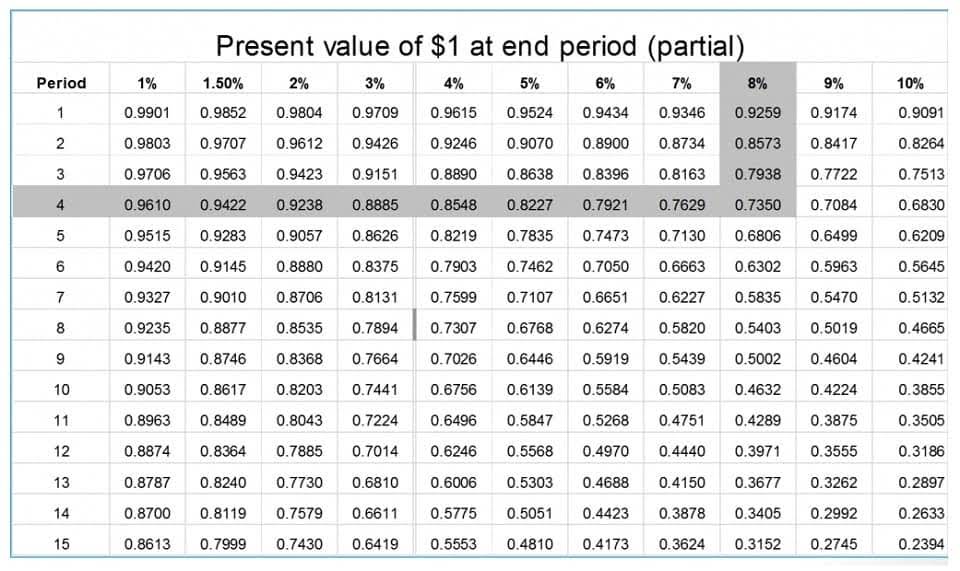
For any employer it’s important to have a good understanding of payroll taxes. After all, it’s your responsibility to make sure the payroll taxes eventually get paid to the IRS (and your state). What many people don’t realize is that the employees also have a responsibility to pay payroll taxes. Most people don’t realize this because these taxes are withheld from their paycheck by their employer and the employer takes care of making sure they get paid.
- Employers process five types of payroll taxes, four of which are paid in part or entirely by the employer.
- So, let’s go over what the employee will typically see withheld from their paycheck.
- It’s worth noting that if you’re late in paying your state unemployment tax, you could lose part or all of your FUTA tax credit.
- However, businesses should review the status of the worker to ensure that the individual is properly classified as an independent contractor.
- Robie also worked as an HR specialist for 10 years where she managed various facets of HR—from payroll and benefits to employee services and HR systems.
If you hire independent contractors or self-employed (freelance) individuals, you do not need to withhold payroll taxes from the amount paid for services. However, you should review the status of each worker to determine if they are correctly classified as an independent contractor. You also need to file and deposit taxes with the IRS and, if applicable, your state and local governments. BBSI facilitates on-time tax payments and tax document filing to avoid penalties and interest.
Can Your Manufacturing Company Benefit From the Work Opportunity Tax Credit?
For 2024, this rate is set at 6.2%, and the wage base is $168,600. The question of who pays payroll taxes is straightforward on the surface, but like much in the realm of taxation, the devil is in the details. Here’s a quick overview of what employers and employees pay, followed by a more in-depth explanation of each one’s responsibilities. Payroll taxes are a category of taxes that employers withhold and pay on behalf of their employees based on the wage or salary of the employee. The collected amount is then sent directly to the federal government, state government, or other tax authority.

Generally, everyone who qualifies for the SUTA tax also receives this tax break. Many businesses choose to outsource their payroll and payroll tax duties to third-party providers. These providers can handle everything from wage calculation and paycheck distribution to tax withholding employers responsibilities for payroll do not include: and filing. Outsourcing can be a cost-effective way to ensure compliance and accuracy in your payroll processes. While FUTA covers the federal side of things, SUTA takes care of the state level. Each state has its own unemployment insurance program, with varying rates and wage bases.
Understanding Payroll Tax Responsibilities
Even a very small business with a few employees can benefit from having someone else take care of payroll tax responsibilities. Just remember that whoever does payroll and deals with payroll taxes, the responsibility is ultimately yours as the business owner. Deduct the correct amounts for income tax, payroll tax, and benefits. Be sure to deduct the right amount for each pay period based on your employee’s earnings.